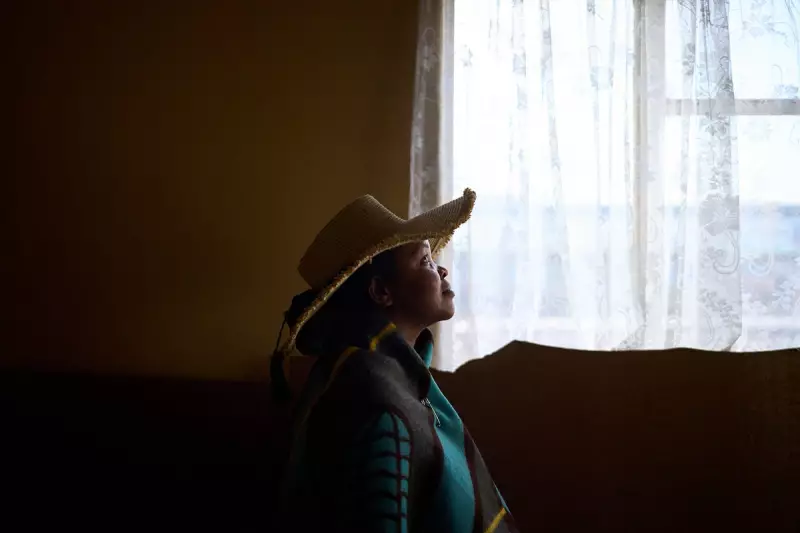
The mountainous kingdom of Lesotho, which bears the world's second-highest HIV prevalence rate, is confronting a catastrophic health crisis following the termination of vital American aid programmes during Donald Trump's presidency.
Funding Withdrawal Creates Prevention Vacuum
Critical HIV prevention services that reached approximately 45,000 high-risk individuals annually have completely disappeared after the United States Agency for International Development (USAID) withdrew funding. The DREAMS initiative, specifically designed to protect adolescent girls and young women from HIV infection, was among the programmes abruptly defunded.
Local healthcare workers report devastating consequences, with one counsellor revealing: "We used to reach about 500 people monthly with HIV prevention services. Now we reach zero. The drop-out rate from antiretroviral therapy has surged dramatically."
Lesotho's Alarming HIV Statistics
With nearly one in four adults living with HIV, Lesotho's epidemic was already among the world's most severe. The situation has deteriorated significantly since the funding cuts:
- HIV prevalence rate of 23.2% among adults aged 15-49
- Approximately 270,000 people living with HIV nationwide
- Prevention programmes for 45,000 high-risk individuals eliminated
- Antiretroviral therapy dropout rates increasing sharply
Broader Impact Across Southern Africa
The funding reductions weren't isolated to Lesotho. Neighbouring countries including South Africa, Zambia, and Zimbabwe experienced similar cuts to their HIV prevention programmes. This regional pullback threatens to reverse decades of progress in combating the AIDS epidemic across southern Africa.
Healthcare experts warn that the consequences of these funding decisions will echo for years, potentially leading to increased HIV transmission rates and higher mortality from AIDS-related illnesses.
Uncertain Future for HIV Response
While the Biden administration has taken steps to restore some global health funding, the damage in Lesotho appears extensive. Local organisations struggle to fill the void left by departed international programmes, with limited resources and infrastructure to sustain the comprehensive HIV response previously supported by US funding.
The situation in Lesotho serves as a stark reminder of how political decisions thousands of miles away can directly impact the health and survival of vulnerable populations in some of the world's most affected regions.





